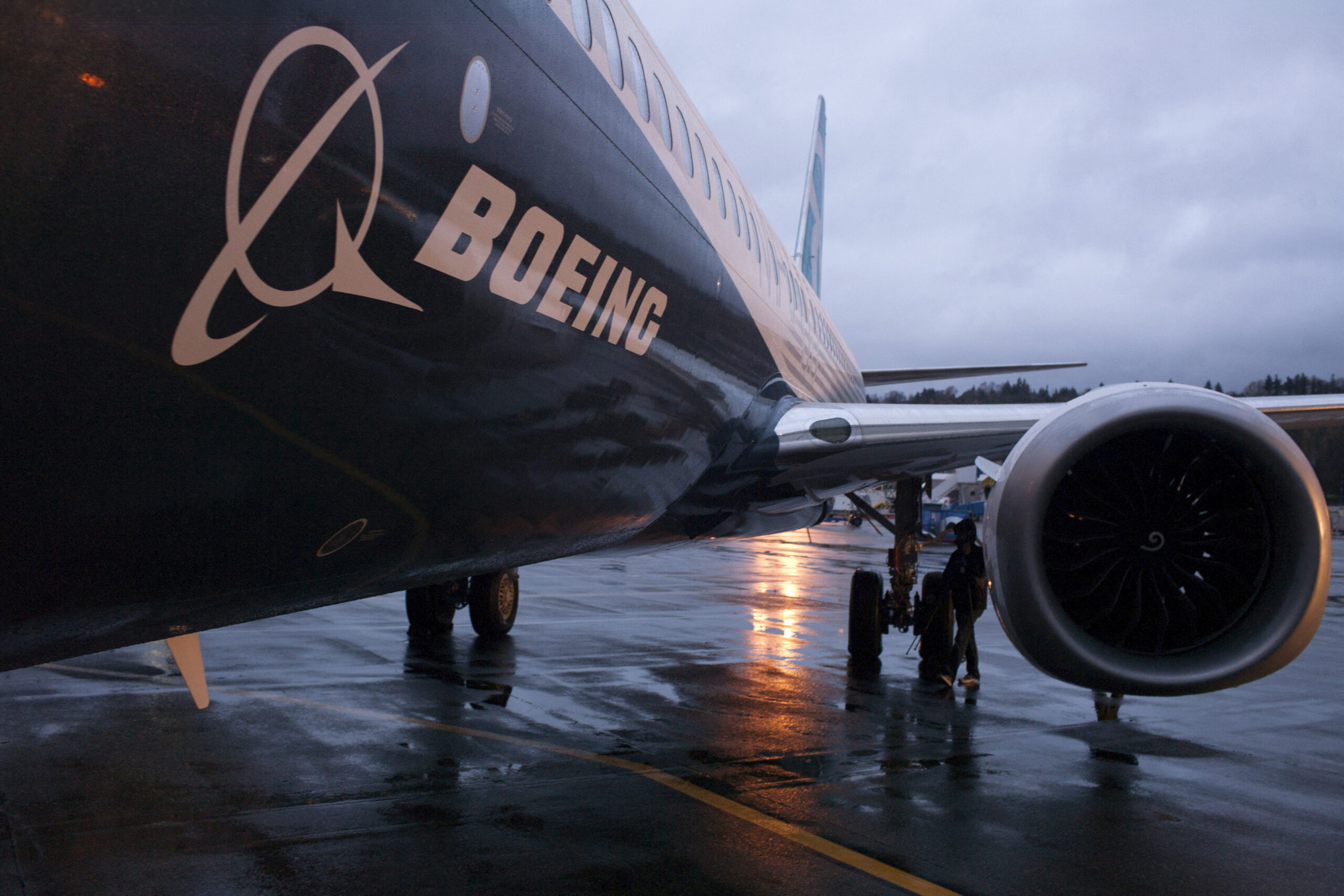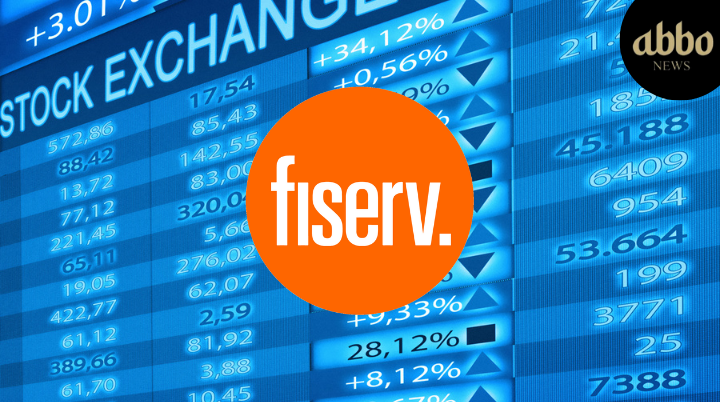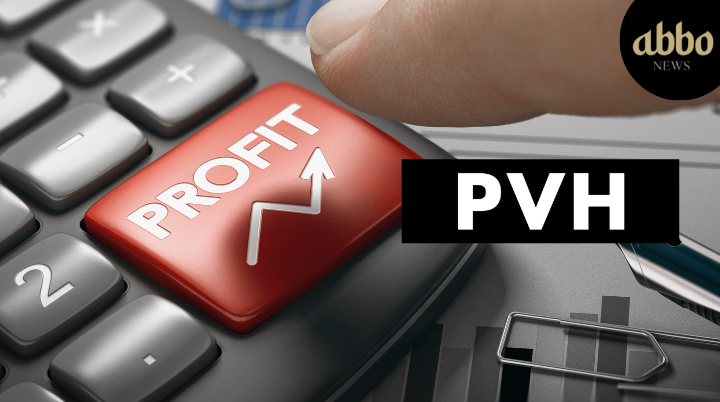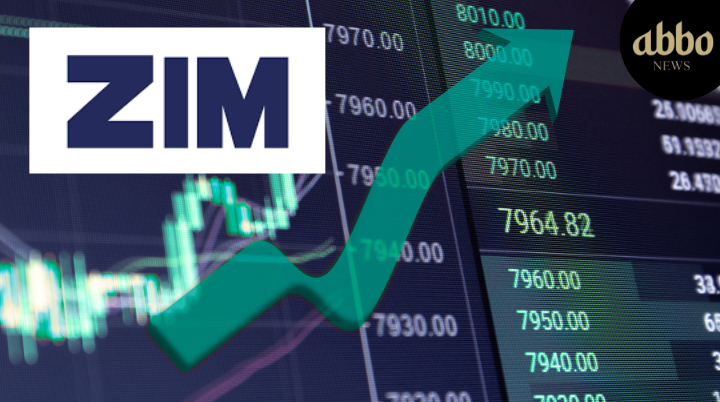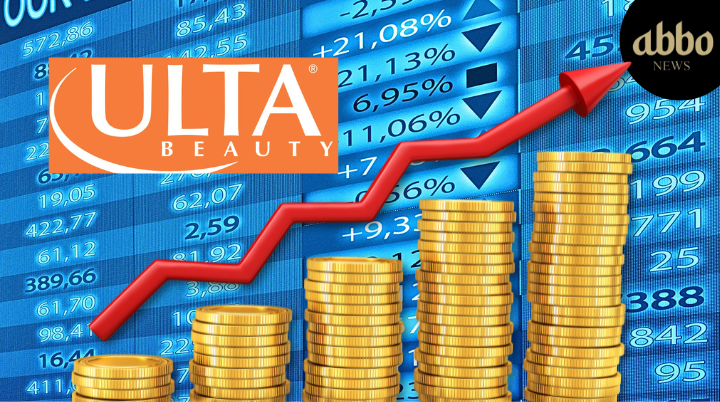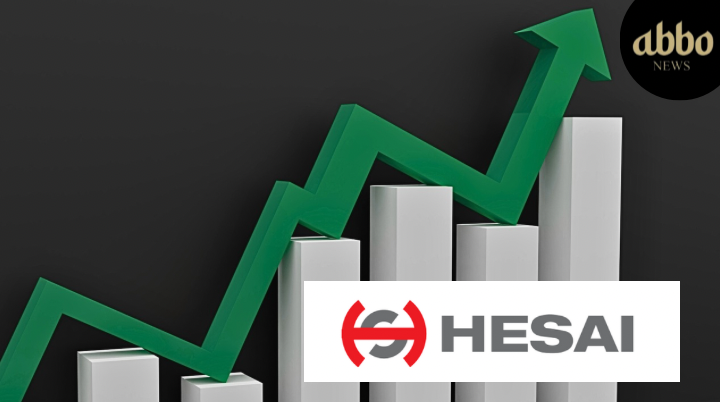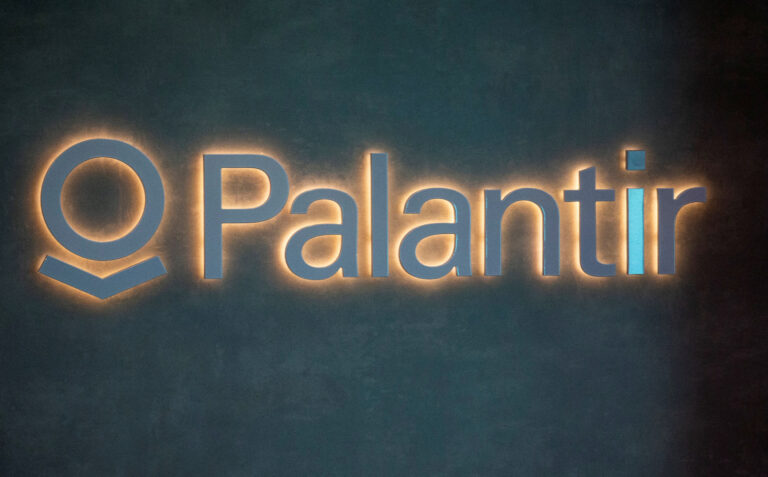On Tuesday, S&P, the global rating agency, said it had placed Boeing (NYSE: BA) rating on CreditWatch negative as about 33,000 of the U.S. planemaker’s workers remain on strike, halting production of its best-selling jets.
The union, whose members have now been on strike for 26 days, is seeking a 40% pay rise over four years and the restoration of a defined-benefit pension that was taken away in the contract a decade ago.
The ratings agency estimates that Boeing will incur a cash outflow of about $10 billion in 2024 and will likely require incremental funding.
S&P’s CreditWatch listing reflects the increased likelihood of a downgrade if the strike continues, increasing costs and delaying the company’s recovery in aircraft production and cash flow generation.
Last month, all three major rating agencies including S&P had warned that a prolonged strike at Boeing’s (NYSE: BA) factories in the U.S. West Coast may lead to a ratings downgrade, a headache for the planemaker that is saddled with massive debt.
The first labor strike at Boeing since 2008 coincides with a period of intense scrutiny of the company by U.S. regulators and airline customers after a mid-air incident in January when a door panel detached from a 737 MAX jet.
The company’s finances are already groaning due to a $60 billion debt pile.
S&P said on Tuesday it does not expect the company to reach its goal of increasing the production of its best-seller 737 MAX to 38 planes a month by the end of the year.
It estimates the strike to cost Boeing more than $1 billion per month, despite the cost-saving measures the planemaker implemented in response to the production halt.
(Source: ReutersReuters)
